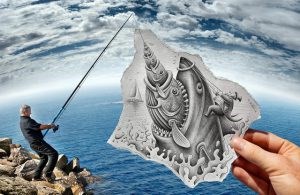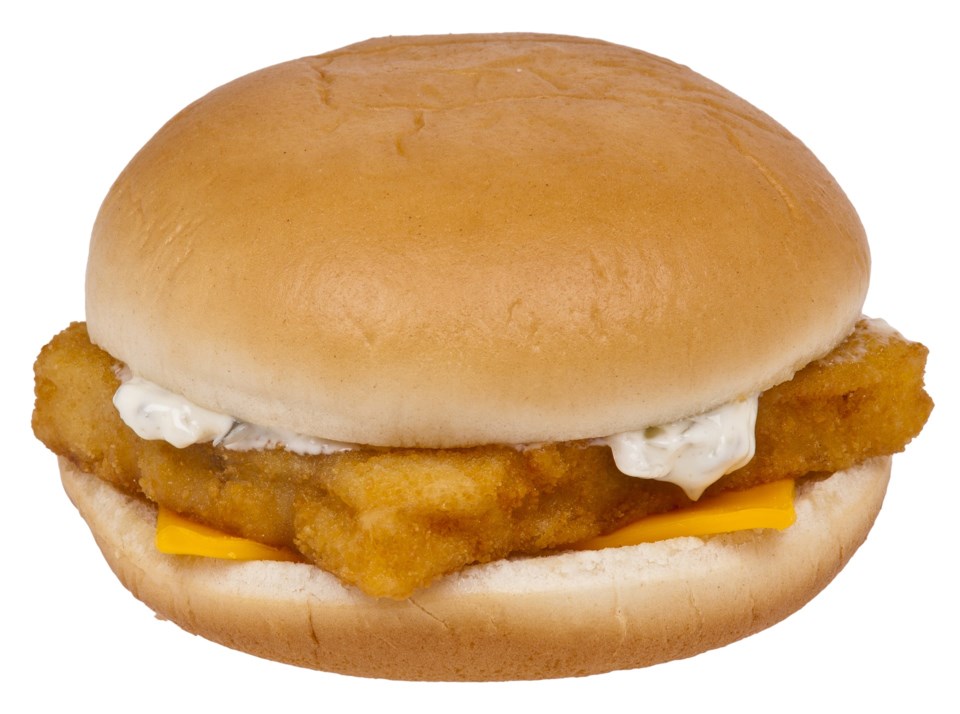THINK ABOUT that Filet-O-Fish for a moment.
Savory? Mouthwatering? Cheap?
What if I told you that 5% of the world's fish species are extinct and nearly 70% have been "entirely exploited or depleted", according to World Oceans Day? Overfishing is a serious issue that extends beyond our daily encounters with fish. We probably all know the daunting issue of climate change, yet change has been slow to come. So let us explore a little more on the reality of overfishing today, its implications and possible solutions.
Every year, the count of netted fishes declines steadily. But this trend isn't caused by an increased awareness or appreciation for marine life; it's the result of a dwindling fish population worldwide. A 2015 World Wildlife Fund report saw that "Marine vertebrate population has declined by 49 percent between 1970 and 2012."
On one front, carbon emissions, coastal development and ocean acidification are all causing fishes to lose their habitats. On another front, as we continue to catch fish at an unsustainable rate, we are not giving fishes time to rejuvenate their population, causing fish species to dwindle into extinction.

Fisheries and livelihoods that rely on fishes for nutrition and jobs, respectively, become more vulnerable to malnutrition and poverty. According to a 2013 report released by the UN's Food and Agriculture Organization, "Fish provides about 3 billion people with almost 20 percent of their intake of animal protein."
In addition, we also lose billions of dollars in revenue, harming especially the developing nations that cannot afford to transition to other sources of income. It is fisheries in Southeast Asia and Africa that is most vulnerable to these changes. It is the world's poorest economy we are further destroying.
In Newfoundland, Canada, a once robust cod industry came to an abrupt end when there was no more cod to net. The cod industry supported over 40,000 lives. Today, these people have yet to fully recover from their loss. Behind this tragedy was years of overfishing, oblivion, and mismanagement.
Technology greatly increased the volume of fishes caught at once, asserting survival and reproductive pressures on the cod species. Byfishing, the unintentional capturing of unwanted marine life, of capelin, the cod's main source of food, also led to the diminishing of the cod population.
The story of Newfoundland serves as a cautionary tale for the rest of the world. What happens when we deplete our resources? We might not live next to the ocean, but our livelihoods are intricately connected to it. The natural ecosystem is a part of a dynamic equilibrium we need to maintain.
So aren't there solutions or alternatives? In recent decades, our innovation has allowed us to develop different ways to keep fisheries alive, people fed, all the while working to solve the issue of over-fishing. For example, think back to the Filet-O-Fish. Between the two buns is a crispy pollack. McDonald's gets its fishes from Marine Stewardship Council certified sources.
This alludes to current development in aquaculture. Aquaculture, human cultivation of aquatic animals, is bound to become our future source of seafood, and in recent years, there has been a great amount of focus on sustainable aquaculture. According to the Ocean Foundation, "recirculating tanks, raceways, and flow-through systems" are some of the new techniques developed to make aqua systems more sustainable and solve the issues of organic waste leaking into oceans, habitat destruction, and transmission of diseases.
Governments have also taken steps to establish fishing quotas, "no fishing" zones, and requiring specific types of equipment. But most importantly, we as individuals and constituents of the consumer base, must make it our responsibility to inform each other, encourage action for greater policy measures, and prioritize the sustainability of our oceans.




